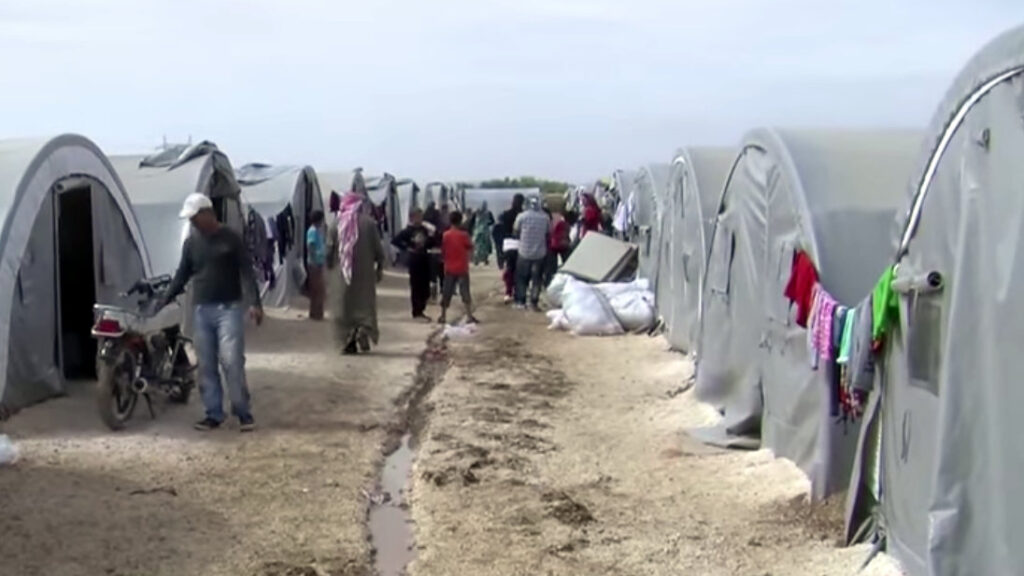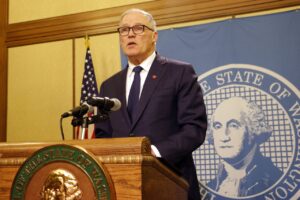We Need to Help Jordan’s Other Refugees
4 min read
Help for refugees in Jordan is focused almost exclusively on Syrians. Researchers Izza Leghtas and Dina Baslan make a plea for Yemenis, Somalis and Sudanese not to be forgotten.
FAISAL RELIES ON medication for his mental health. It has been almost three years since his family, along with hundreds of other Sudanese asylum seekers, was deported back to Sudan as they protested in front of the U.N. Refugee Agency (UNHCR) office in Jordan’s capital, Amman. “I have nothing left but memories. I keep remembering and remembering,” he says nervously. He now lives with six other Sudanese men who look after him and help him out with rent and other expenses.
In addition to more than half a million registered Syrian refugees, Jordan hosts tens of thousands of refugees from other countries including Iraq, Yemen, Sudan – the majority of whom originate from Darfur – and Somalia. For many of these refugees, the journey to Jordan was long and arduous. Most live in pockets of poverty in the capital Amman – currently ranked the most expensive Arab city in the world – where they struggle to make a living.
Over the course of the Syrian war, humanitarian organizations have worked closely with the government of Jordan to provide assistance to a population that has grown to nearly 670,000 registered Syrian refugees. Conditions for Syrian refugees in Jordan remain challenging. Eighty-five percent are estimated to be living under the poverty line.
IN ADDITION TO MORE THAN HALF A MILLION REGISTERED SYRIAN REFUGEES, JORDAN HOSTS TENS OF THOUSANDS OF REFUGEES FROM OTHER COUNTRIES INCLUDING IRAQ, YEMEN, SUDAN – THE MAJORITY OF WHOM ORIGINATE FROM DARFUR – AND SOMALIA.
However, Syrian refugees in Jordan do receive certain forms of basic aid that are not available to refugees from other countries. While some 8,000 refugees from countries other than Syria receive monthly cash assistance from UNHCR, the U.N.’s World Food Programme (WFP)’s monthly food assistance program (in the form of e-vouchers worth $21–$32) is restricted to Syrian refugees. In addition, for years the Jordanian government covered 80 percent of the healthcare costs of Syrian refugees. While this subsidy was revoked in January 2018, refugees from countries other than Syria were never included in the program.
Non-Syrian refugees in Jordan were also excluded from the Jordan Compact. The compact is a set of measures agreed to by the government of Jordan, the World Bank and the European Union (E.U.), which were designed to improve access to legal employment for Syrian refugees and boost economic growth in the Kingdom. As a result, refugees from other countries struggle to scratch out a livelihood in Jordan’s informal economy, mostly through intermittent daily manual labor.
Jobs in the informal sector pay little, are physically taxing and are often exploitative. Because of the color of their skin, refugees from sub-Saharan Africa are more easily identifiable as foreigners. As described by Aisha, a refugee from Darfur who lives in Amman, “The work doesn’t provide dignity, and there is fear of the police because Sudanese people aren’t allowed to work.”
ONLY A TINY PERCENTAGE OF REFUGEES ARE ABLE START A NEW LIFE IN ANOTHER COUNTRY VIA RESETTLEMENT. FOR NON-SYRIAN REFUGEES IN JORDAN, THE CHANCES ARE PARTICULARLY SLIM.
Only a tiny percentage of refugees are able start a new life in another country via resettlement. For non-Syrian refugees in Jordan, the chances are particularly slim. Resettlement to the United States, which used to be a lifeline for so many refugees, is now an extremely unlikely outcome. Between the beginning of October 2017 and the end of August 2018, the United States resettled 47 refugees – all nationalities included – from Jordan, a stark reduction from the previous fiscal year, when 3,472 people were admitted to the United States under this program. For their part, European countries resettled fewer than 150 non-Syrian refugees from Jordan in 2017.
For the overwhelming majority, there is nowhere else to go. Yet for Sudanese and Somali refugees, in particular, racism makes their probabilities of local integration in Jordan almost nonexistent. Many Sudanese refugees living in Amman face racism and harassment in their daily lives, including bullying of their children at school. Faisal, who admitted he was struggling with suicidal thoughts, recalls sitting one evening in the amphitheater in downtown Amman. He was drinking tea when three young men looked at him and shouted out, “Look at this black man, look at him.” They threw rocks at him. He ignored them. “Then they got their coffee and threw it in my face. At that moment, I hated the world entirely. I wished that I was dead.”
With funding for global humanitarian assistance far below what is needed, it is a sad reality that not everyone who requires assistance will receive it. But excluding entire groups of people because of their nationality alone goes against the principle that a refugee is a refugee, whatever the country of conflict from which he or she has fled.
The views expressed in this article belong to the authors and do not necessarily reflect the editorial policy of Refugees Deeply.
This article We Need to Help Jordan’s Other Refugees was originally published on newsDeeply






